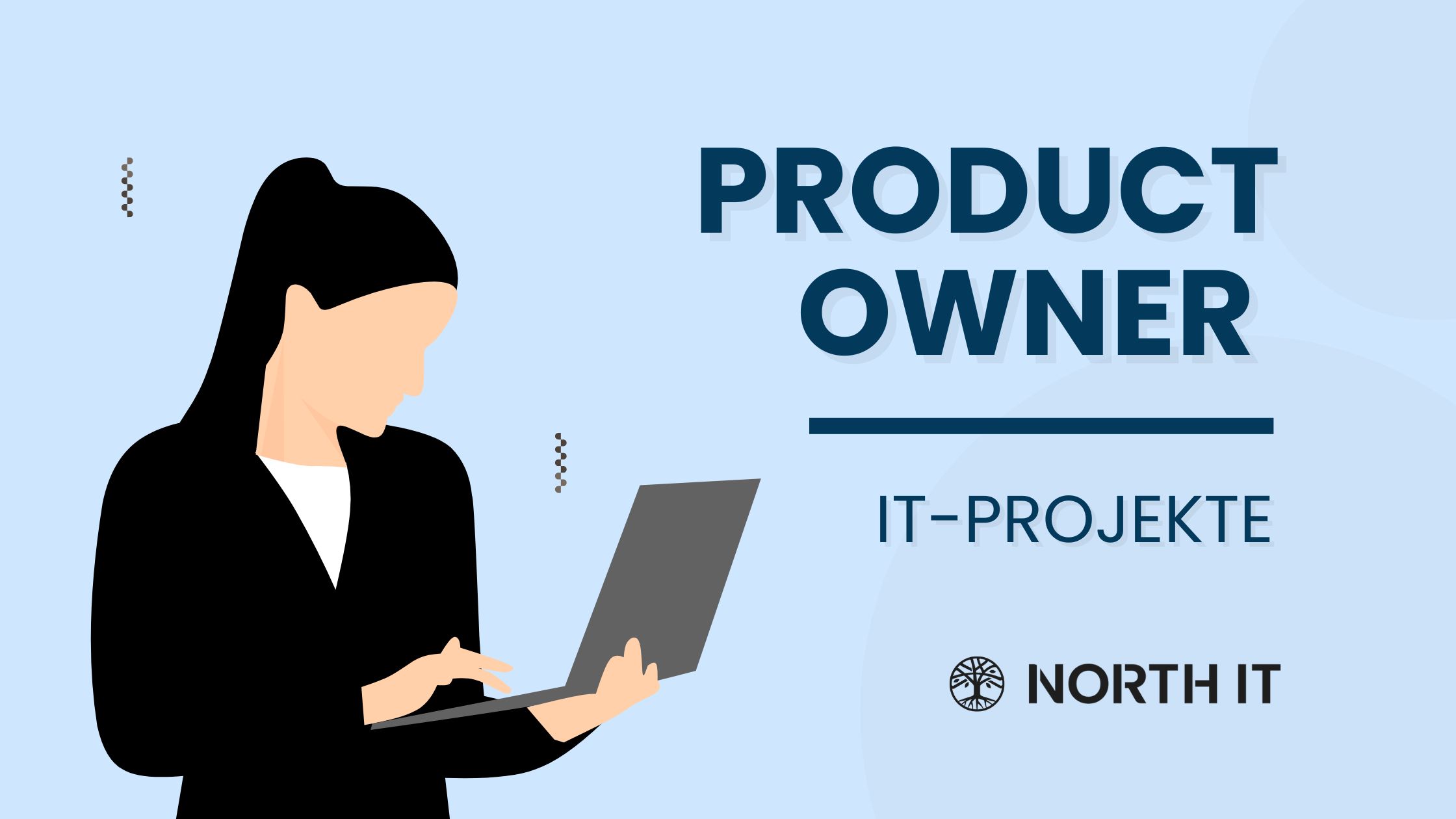The future of cybersecurity
The cybersecurity industry is on the cusp of groundbreaking developments that are of paramount importance to business leaders. With the advancing digital age and the growing threat of cyberattacks, it's imperative to understand the latest trends and technologies to take your IT security to the next level.
What you need to know
- Data Security Posture Management (DSPM) is a forward-thinking approach to cybersecurity.
- AI tools such as Microsoft's Co-Pilot pose risks that need to be considered in the cybersecurity strategy.
- The NIS 2 directive and increased ransomware attacks require continuous adjustments to IT security.
- The demand for qualified IT security experts is rising in the face of increasing cyber threats.
- Technological advances such as AI could replace traditional security solutions.
Important developments in cybersecurity
Data Security Posture Management (DSPM)
Gartner analysts have highlighted the concept of Data Security Posture Management (DSPM), which heralds a new era for cybersecurity organizations. This innovative strategy focuses on the security posture of data and provides a broad overview of data locations, access permissions and security controls. This makes DSPM an indispensable part of the IT security foundation for companies.
The dual role of artificial intelligence
AI tools such as Microsoft's Co-Pilot have become an integral part of the modern working world. They increase efficiency, but also the risk of uncontrolled data access. It is therefore crucial that cybersecurity news and trends in the field of AI are continuously monitored and incorporated into IT security consulting. At the same time, AI is becoming increasingly important as a tool for threat defense and proactive security measures.
Legal requirements and the threat of ransomware
Companies in Cybersecurity Germany must face the challenge of continuously adapting their security measures to changing legal requirements such as the NIS 2 directive. In addition, ransomware attacks increase the risk for companies, which requires constant further development of security strategies.
IT security experts in high demand
In view of the increasing number of cyberattacks, the need for qualified IT security service providers is greater than ever. Companies are actively looking for experts who are familiar with the latest technologies and have the necessary skills to protect themselves against cyber threats.
Technological progress and cloud services
Technology-based security solutions, especially those based on AI and machine learning, could soon make conventional approaches obsolete. Cloud services have become indispensable for hybrid workplace models and are placing new demands on data security and protection against cybercrime.
Conclusion: Cybersecurity in transition
The future of cybersecurity is characterized by dynamic developments and growing challenges. For companies and IT security consultants, this means that proactive and adaptive security management is becoming essential. The use of data security posture management, the integration of artificial intelligence into security concepts and compliance with new legal frameworks are just some of the steps that need to be taken to maintain and strengthen IT security. The need to invest in qualified IT security experts and integrate technological innovations is obvious. Companies that recognize and implement these trends will prove to be robust and resilient in the digital landscape.
Image source: North IT Group



